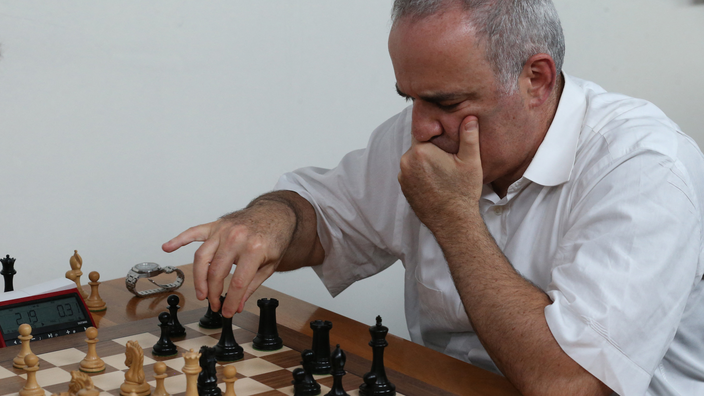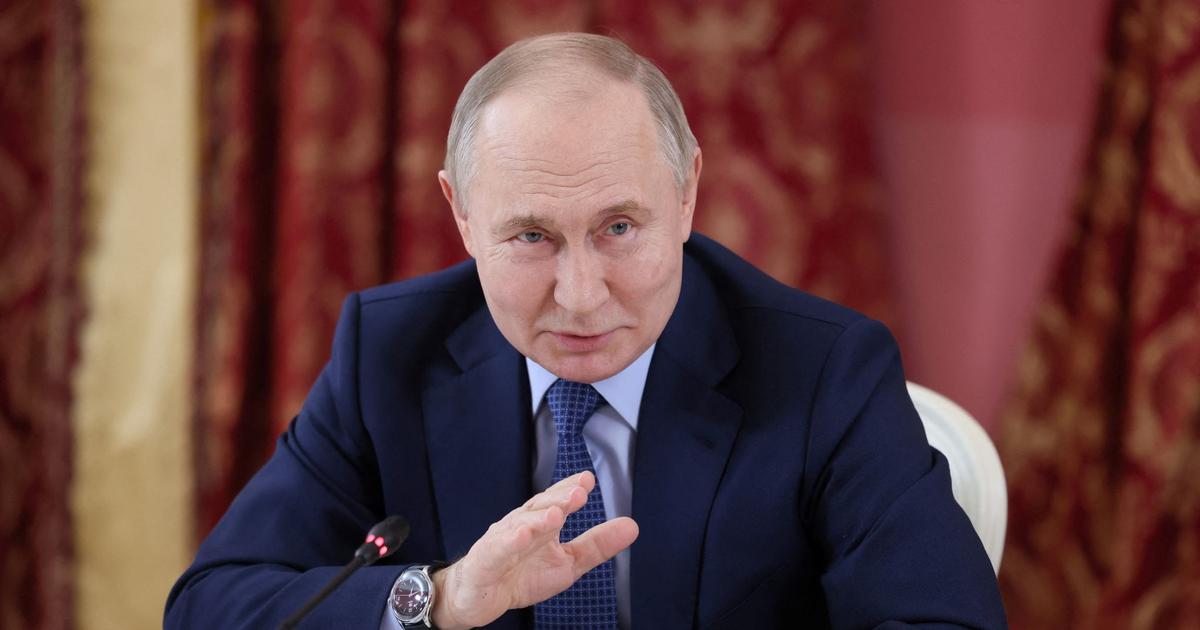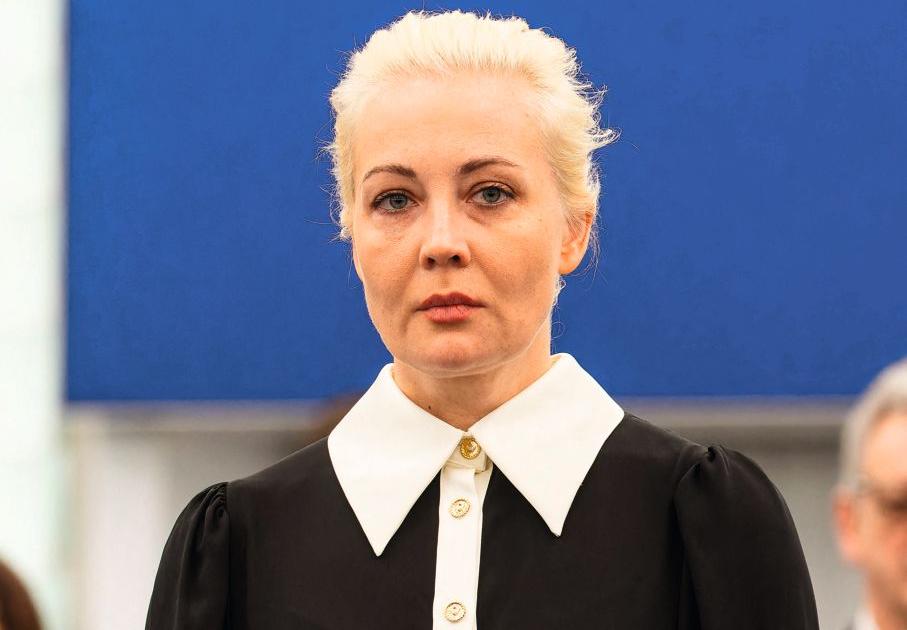Yet he is one of the best placed to know that the machine is now supplanting man in all the disciplines where they compete against each other.
However, the Russian chess champion is not resentful: he now defends artificial intelligence when he was the first great chess player defeated by the Deep Blue supercomputer, in 1997, after having worked for several years on the development of the first prototypes of virtual chess players.
To read also: Nicolas Baverez: "Tocqueville allows us to understand the crisis that our democracies are going through"
Guest of Tocqueville Conversations, Garry Kasparov had the opportunity to explain this to MEP Svenja Hahn, a specialist in the European Parliament on issues of regulation of artificial intelligence and new information technologies. . Both were interviewed by
Figaro
journalist
Laure Mandeville on the risks that technological progress represents for democracy. "
Artificial intelligence is everywhere
" first clarified Svenja Hahn, reminding listeners present at the Tocqueville Foundation and viewers connected to the Figaro site that this technological approach "
already chooses the music you listen to, or the people you meet on online dating apps
”.
An omnipresence that the chess champion recognizes without, however, worrying him unduly about the future of humanity, which remains the only one to hold the “
intelligence
”,
strictly speaking.
He specifies.
"
Deep Blue, the computer that defeated me in chess, was not smart. And besides, it is not entirely appropriate to speak of artificial intelligence. Of course, and I know something about it, the machine now triumphs in all the games offered to it: chess, the game of Go, even poker, which is however reputed to contain a great deal of psychology. But the machine can only learn and win in a closed system. We have not the shadow of a proof that it will one day know how to transfer information from one closed system to another, but precisely the sensitive world in which we operate is the opposite of a closed system.
"
Recognizing nevertheless, following a question asked by Laure Mandeville, that the technology put in the hands of ill-intentioned political systems can strengthen the power of control of states over populations, Garry Kasparov insists on the other hand on the advisability of in return, it offers individuals to escape this control. “
States are stronger thanks to technology, but individuals also find space for freedom in it: look at what is happening in Hong Kong, or in other countries where major freedom movements have emerged, the technology gives a global impact to these struggles.
"The struggle of the free world against dictatorships has existed for a long time, long before the appearance of artificial intelligence, he added, but according to him"
technology tips the scales in favor of the free world
”.
Schumpeterian
Without brushing aside the "
fears
" it arouses, Garry Kasparov insisted on dissociating real-world technology from "
Hollywood fantasies
" unrelated, according to him, to what artificial intelligence will be tomorrow. . And to describe, in detail, the present and future transformations brought about by the shift in the world into the universe of connected objects and artificial intelligences. Schumpeterien, the chess champion does not waste his time crying over the old world, on the contrary praising the job creation and new economic opportunities that this transformation and the emergence of this new paradigm allow.
In his discussions with MP Svenja Hahn, he nonetheless agreed on the need for regulation of technologies and artificial intelligence, reviewing with her several of the major projects that await countries and international organizations. in this vast political field. "
The human factor remains the most important of all
" they concluded in unison, while Laure Mandeville recalled by thanking the two speakers the need according to Tocqueville to trust civil society to guarantee respect for democracy despite the will to power of the state.
As for the idea that the technological paradigm draws the contours of a new world, disembodied and dehumanized, in which interactions with our fellow human beings will be partly replaced by machines, the journalist's objection has this time remained unanswered. "
It is indeed a dilemma
", was satisfied to answer Garry Kasparov.









